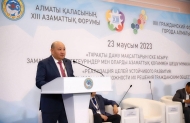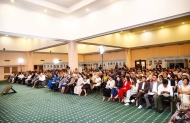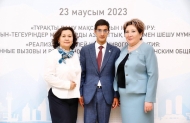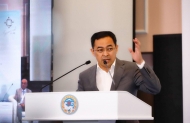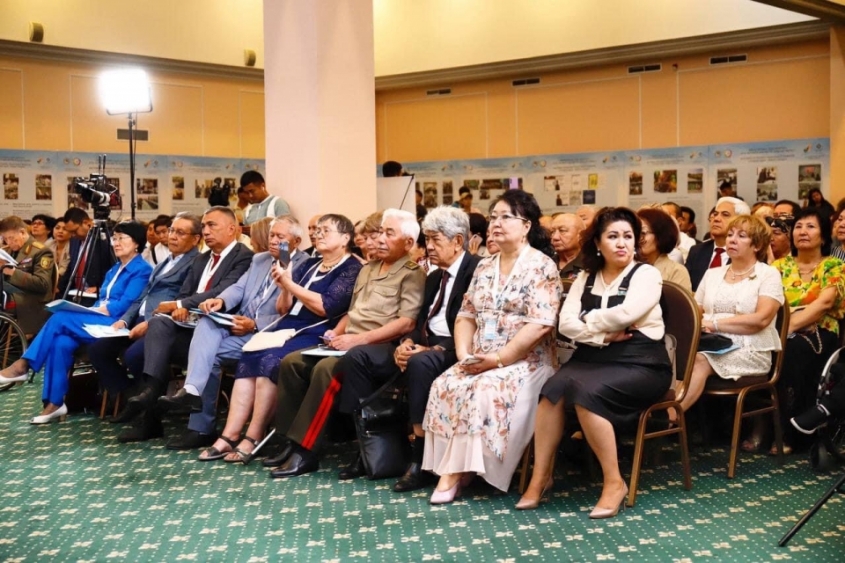
More than 300 representatives of NGOs, government and business gathered at the dialogue platform of the XIII Civil Forum in Almaty on June 23, 2023. “Leaving no one behind” – this thesis became the main leitmotif of the meeting.
Forum organizers: ALE "Almaty Azamattyq Alliance" / Civic Alliance of Almaty supported by the Department of Public Development of Almaty.
Five panel sessions of the Forum discussed the issues related to the implementation of the Sustainable Development Goals at the local level in economic development and investment, education and digitalization, poverty reduction and inequality, health and quality of life, the fight against corruption and the rule of law, gender equality and human rights, the environment and infrastructure.
The Eurasian Peoples' Assembly at the ХІІІ Civil Forum of the city of Almaty was represented by Professor KazNU. al-Farabi, Doctor of Historical Sciences, Chairman of the Council for Historical Memory of the Eurasian Peoples' Assembly Layla Akhmetova. She made a presentation on the strategic importance of preserving historical memory for all countries of the world and preventing its distortion.
“Historical memory is our representation of the past, both mass and personal, including a variety of aspects: images and emotions, cognitive structure. The future of the nation is determined by the continuity of generations, the transfer of knowledge and historical data. Our current activity is the task of forming historical memory and its preservation,” Laila Akhmetova emphasized in her report.
Using the example of her own participation in local and international projects, the expert and scientist identified the main areas that underlie the preservation of historical memory: “patriotism; historical values; understanding the role of the country in the destinies of the world; sense of pride in one's country”.
In accordance with this, Laila Akhmetova identified ten areas for development, primarily in the youth environment: enlightenment; education; teaching theory and practice; reconstruction of events; use of digital technologies; work with archival materials and books; visiting historical places and museums; creation of sacral maps; information work; volunteer activity.



